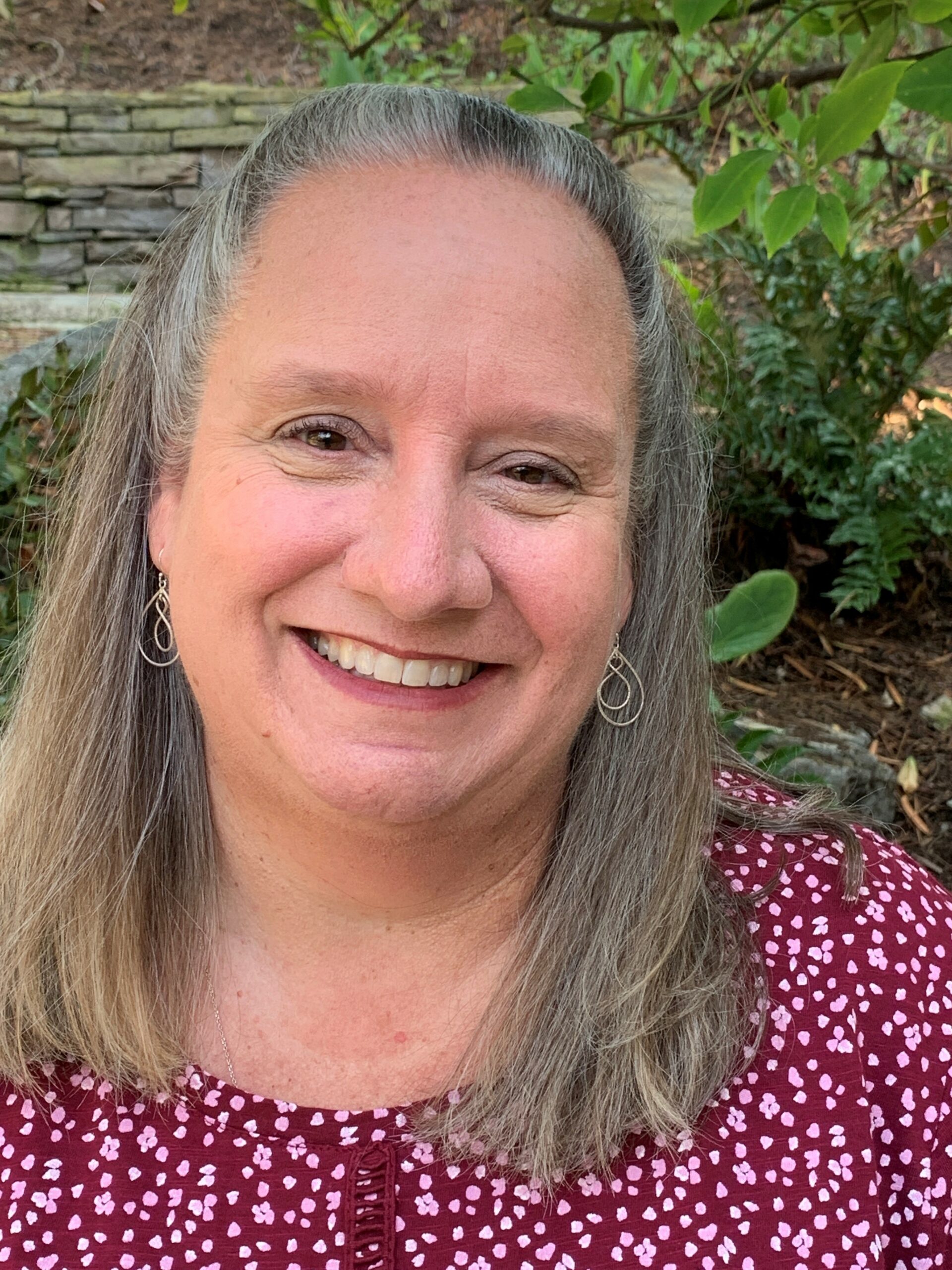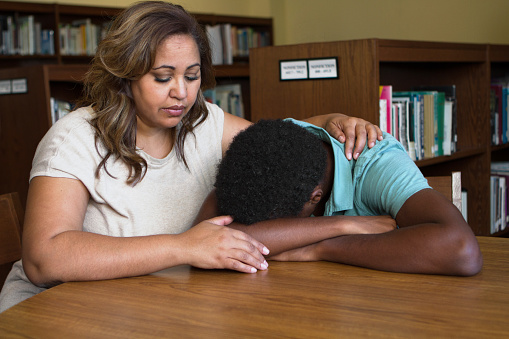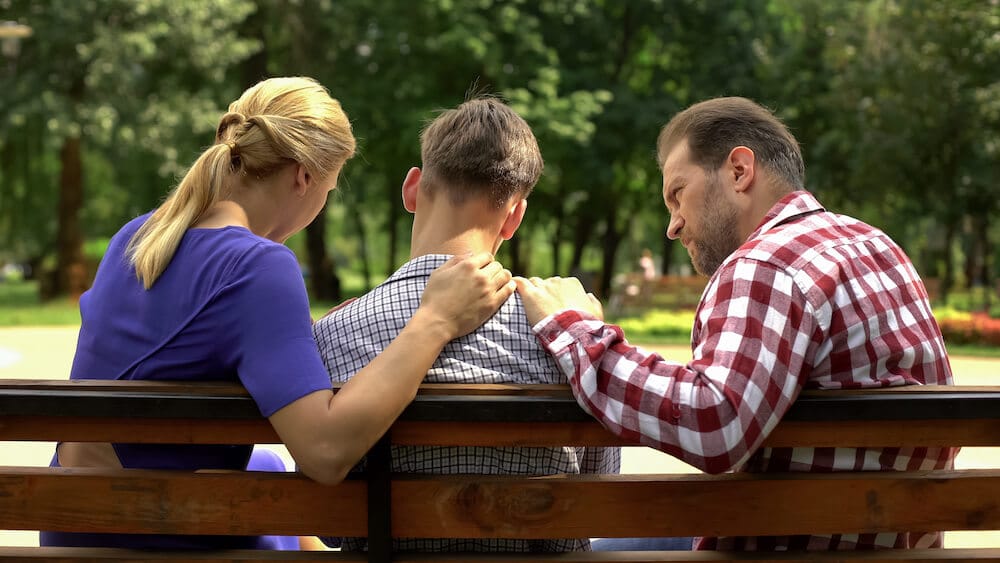Grief can be overwhelming for children, and they may not know how to manage the emotions associated with it. Everyone responds to grief differently. Before making suggestions to help your child manage their grief, let’s review the five stages of grief:
- Denial
When we lose someone important to us, it’s natural to reject the idea it could be true. We may isolate ourselves to avoid reminders of the truth.
- Anger
When it’s no longer possible to live in denial, it’s common to become angry. We feel like something extremely unfair has happened.
- Bargaining
We seek to change the circumstances causing us grief. We negotiate with God for a different result.
- Depression
We feel the full weight of our sadness. This is normal. Clinical depression is different from grief, and it’s treated differently by health professionals.
- Acceptance
We come to terms with our loss. Accepting loss does not mean we no longer grieve. Grief can continue for a lifetime. Coping with loss becomes easier over time. Reminders of loss can trigger waves of grief.
There are five stages of grief, but children may not experience them in sequence. Allow your child to deal with the stages of grief in the order that works best for them.
Here are a few suggestions to help your child manage grief:
- Teach them to be kind to themselves
Everyone grieves at a different pace, and it’s okay to grieve longer than others. Remind them to show themselves grace. Grieving is a process. It’s healthy to grieve a loss.
- Encourage them to create a routine
Resume an old routine or create a new one. Having a routine can help relieve some of the grief by providing structure, stability and daily expectations.
- Lead them away from drastic life change
They may want to get a tattoo or dye their hair blue. Encourage them to keep their normal life routine. If they want to make a major change, ask them to wait several months to see if they still want to do it. Impulsivity is normal when in grief. It takes our mind off painful feelings.
Grief takes tremendous emotional energy. Self-care is important for both you and your family.
Here are some suggestions:
- Slow the pace of your life
Make the choice to slow down and focus on your relationship with God and your family.
- Practice gratitude
Each day, journal a few things you are grateful for. Thank God for his blessings.
- Sleep
Everyone benefits from a good night’s sleep.
- Exercise
Physical activity increases relaxation and decreases stress.
- Healthy nutrition
A healthy diet helps calm a stressed mind.
- Drink water
Our brains are 80% water. Dehydration affects our thoughts.
- Listen to music
Music activates most regions of the brain. Add some dancing. Make it fun.
“Dedicate your children to God and point them in the way they should go, and the values they’ve learned from you will be with them for life.” Proverbs 22:6
Children learn what they live. If you feel you are struggling, the best you can offer your child is to seek support for yourself. Celebrate Recovery offers help for hurts, habits, and hang-ups. There are also groups for children and adolescents. You can attend Celebrate Recovery at Saddleback Church or find one by accessing this link: https://locator.crgroups.info. Saddleback Church also has a lay counseling ministry and counseling referral list for additional support.
Pray for your child:
“Lord, without words, you know the anguish in our hearts when we experience loss. Please comfort my child as they grieve. Please help me teach them loss is part of life. Give me words to encourage them in their pain. Give me wisdom as I walk this journey with them. I pray my child will develop courage, strength and resiliency as they process their grief. Please lead my child back to joy. In Jesus name, Amen.”
If you want to know more about this topic, CLICK HERE
Author
-

Amy Kendall is the Next Gen Disabilities and Mental Health Pastor at Saddleback Church and has been on staff there since 2007. Before working at Saddleback, she worked for 10 years in the educational sector as a behavior specialist, specializing with children on the autism spectrum. Amy graduated from Pacific Christian College with her BA in Ministry and from Hope International University with her MA in Marriage, Family, Child Counseling. Amy was recently on the board of the Disability Ministry Conference as their vice president and speaks often in regards to disability ministry. Amy also has a teenage son with multiple disabilities and mental health struggles and believes that she is a better pastor because she gets the blessing to be his mom.






